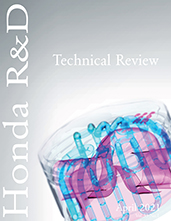Training / Education
FAA/EASA Certification, Methods of Compliance for 29.801 Ditching
Certifying an aircraft, part or appliance can be a challenge. The FAA/EASA procedures can be frustrating and a maze of rules, policy and guidance. Understanding the process and procedures can provide you with a competitive edge and reduce your time obtaining a Certification approval. This course provides an overview of the Federal Aviation Administration (FAA) and European Aviation Safety Agency (EASA) policies, guidelines and requirements leading to Type and Supplemental Type airworthiness approvals. This course has a focus on 29.801 Ditching and EASA 29.802 Emergency Flotation.



